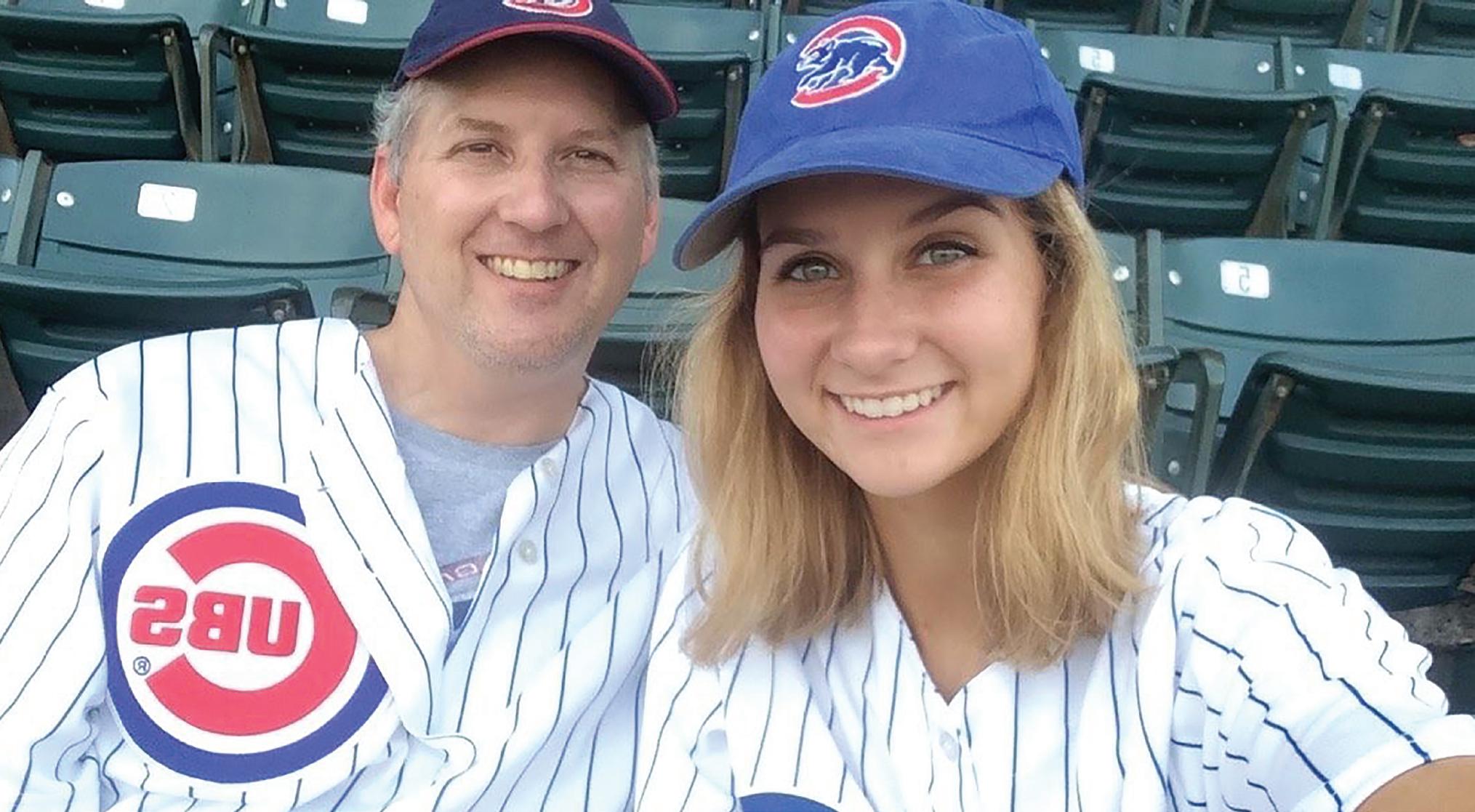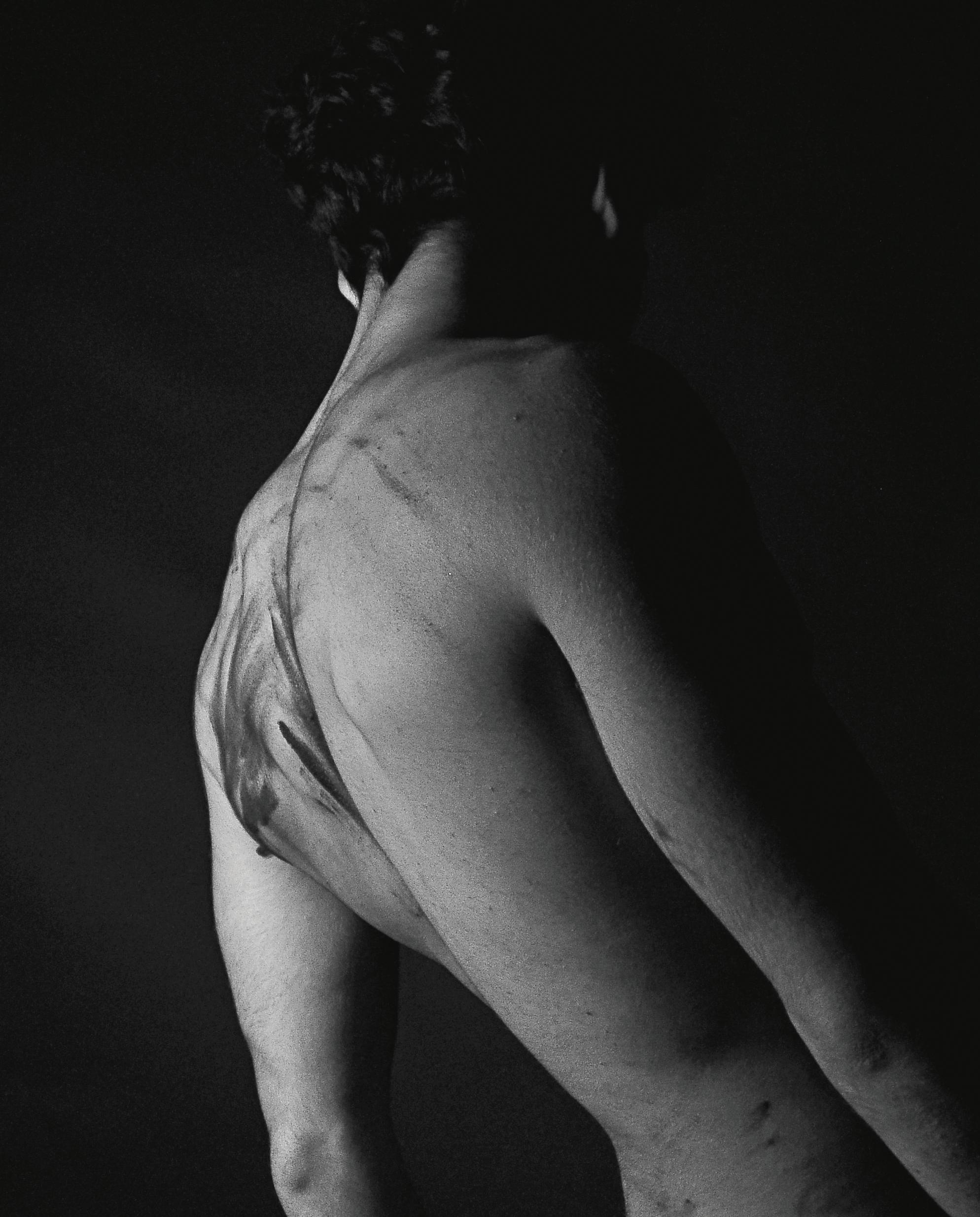
4 minute read
A Light in the Darkness
A Light in the Darkness
Living with mental illness isn’t easy, but progress is possible. By Alexsenia Ralat
Advertisement
At the beginning of my sophomore year of college, I realized I had changed. I ate less and retreated to my bed more often, and a cloud generally lingered over my head. I couldn’t find happiness. I saw it in fleeting moments when I spent time with friends or watched my favorite television shows, and its ghost loitered in the air after a particularly good day. But it wasn’t tangible—it was a ghost, after all. I couldn’t grasp it or make it stay.
I noticed my depression late in the game. My circumstances had already been moving downhill steadily, and the situation was finally reaching a climax even though I didn’t know I was heading toward destruction. I realized a difference long after my friends did. They asked questions and pushed me to seek help when I didn’t see a need for it. I thought my problem involved laziness rather than depression. After many serious conversations with friends, I finally caved. Booking my first appointment with a therapist represented my first step toward rediscovering my identity and learning how to live with mental illness.
I can’t recollect most of those early sessions. We talked about my problems, my therapist offered suggestions, and I returned home. At the time, it seemed unproductive. I grew impatient and skipped sessions. I now realize that missing appointments was one of my biggest mistakes because I fell deeper into depression. I switched therapists, and I liked the new one better than the last. I began to see improvement. We talked, I gained more knowledge, and a mental health professional officially diagnosed me with major depression and chronic anxiety. By this time, I had been receiving prescribed medications for a while, but I wasn’t taking them regularly, so they couldn’t do their job effectively. I stopped using them during the summer before my junior year because I didn’t have money for appointments and medications. In the fall semester of my junior year, I started taking medication again. After starting my medication on a Wednesday, I was admitted to the hospital on Friday because of an accidental overdose. I was prescribed too much medicine.
Today, it remains one of the scariest moments of my life and a turning point in my mental health battle. I almost died, and the scare prompted me to consider what brought me to that position.
After the incident, I switched therapists twice more. The latest therapist assisted me in beginning to live for myself, defend myself in relationships, and take charge of my life. Yet I didn’t truly begin to see change until last summer when I encountered a necessary wake-up call. I lost close friends during the summer months because, throughout my journey, I hadn’t demonstrated the qualities of a good friend. I focused too heavily on myself rather than attempting to comprehend anyone else’s perspective, and I faced consequences because of that outlook. My friends’ leaving, and my subsequent living alone for the first time, led me to contemplate what I had been doing—or, rather, what I hadn’t been doing. I was taking small steps and regressing repeatedly. I wasn’t applying what my therapist encouraged, and I depended on the sessions and medication to do what I didn’t want to do. I had grown comfortable in my depression.
Unfortunately, I didn’t recognize what had occurred until I confronted a few ruined friendships. Being comfortable in my depression wasn’t what I desired. It served as a crutch and a way to deflect accountability for my own actions. If you blame your mental illness for your wrongdoings, you aren’t gaining anything or improving. Losing friends forced me to stop accepting defeat. I’m living alone for the first time, and in doing so, I have benefited from more time to reflect on my actions and emotions. I stopped blaming mental illness and started treating myself and others better. My journey has been long and violent, and I’ve held myself back frequently. Yet I kept going. Now I go to therapy every week, take medication daily, and have a routine. I grapple with stress, but I know how to manage it. Instead of lying awake at night replaying mistakes, I’m talking myself through my emotions and working on a better understanding of myself. I’m also learning to be a better friend.
Living with mental illness is an arduous and continuous process. I may never reach the end, but I’m evolving and changing for the better every day. So when you think you aren’t seeing progress or you’re not experiencing enough change, be patient. It will come—you simply have to think critically about what you’re doing to create change. Go to therapy, take your medication regularly, and make the conscious decision to strive to become the best version of yourself possible. In the end, remember patience is key. Even when you do not think so, you are trying your best with what you have.


If you or someone you know needs mental health assistance, contact these national and local resources:
National Suicide Prevention Hotline 800-273-TALK (8255) Heritage Behavior Health Center 217-362-6262 Millikin/DMH Health Clinic 217-424-6360










